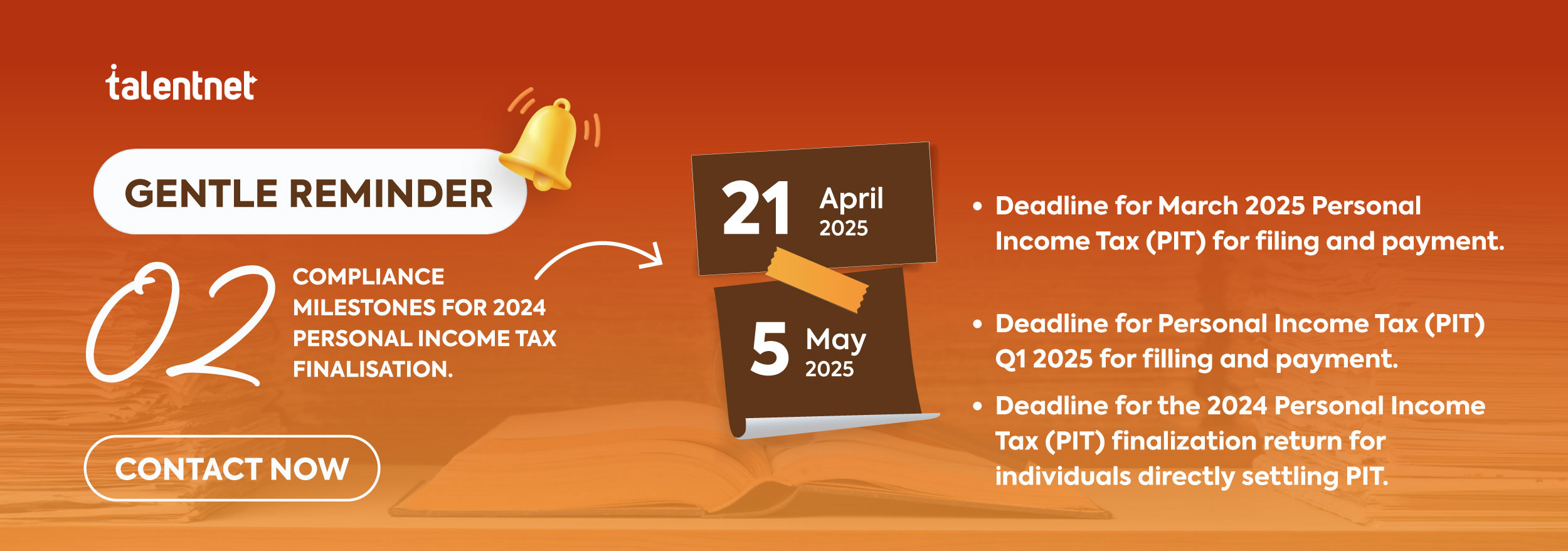Think of RPO as having an extra set of hands for your hiring team, but with some cool bonuses. More and more companies are using different types of RPO to save money and find great people. The best part? You can pick the RPO model that fits your needs like a glove and tweak it to work just right for you. Not all RPOs do everything – what they offer depends on what you need and how much you want to spend. Let’s dive into the world of RPO and find out which type might be your perfect match!
Before we dive into the details of each model, here’s a quick comparison table of to give you an overview:
| Category | On-demand RPO | Project-based RPO | Hybrid RPO | Enterprise RPO | Total Talent (RPO + MSP) |
| Definition | Specialized recruiting for adaptability, speed, and expertise | Recruitment support for specific business changes | Outsource some talent needs, keep control over others | Full outsourcing of recruitment process | Integrated management of permanent and contingent workforce |
| Scope of Services | Dedicated resource for seasonal spikes or extra assistance | Manages entire recruitment process for a project | Mix of services for selected markets/departments | End-to-end services for all or specific roles | Unified strategy for all talent acquisition and management |
| Duration | Flexible, based on requirements | Fixed, based on project timeline | Flexible, based on requirements | Long-term, company-wide or job/area-specific | Long-term, strategic partnership |
| Flexibility | High, decide when and how long services are needed | Moderate, tailored to project needs | High, choose roles to outsource or keep in-house | Low, comprehensive solution | Moderate, designed for various employment types |
| Cost Structure | Based on duration and scope of services | Based on project scope and duration | Based on scope of services and duration | Long-term contract, extensive scope of services | Combination of fixed and variable fees |
| Implementation Time | Quick, addresses immediate needs | Quick, addresses specific project needs | Moderate, requires coordination with internal team | Longer, comprehensive overhaul of hiring process | Longer, integrates multiple service areas |
| Deliverables | Skilled recruiters, proven processes, support, increased candidate flow | Industry knowledge, strategies, unique project plan | Fresh ideas, shorter time to employ, reduced risk | Improved performance, quality, effectiveness, savings | Best talent, cost control, improved candidate experience |
| Ideal Use Cases | Seasonal spikes, limited resources, internal team needs assistance | Changing strategy, new product/service, growth | Keep priority roles in-house, outsource others | Improve overall recruiting performance | Streamline hiring, focus on candidate experience, better ROI |
Now, let’s examine each model in detail.
On-demand RPO
On-demand RPO is a flexible solution for companies with changing hiring needs. It’s perfect for businesses that experience seasonal fluctuations or sudden recruitment demands.
This model provides a dedicated recruiting resource that can work seamlessly with your internal team. The recruiter can step in when you need extra help and step back when you don’t.
On-demand RPO focuses on filling immediate job openings. The service typically includes sourcing candidates; screening applicants and qualifying potential hires.
One of the main benefits of on-demand RPO is its scalability. You can quickly ramp up or down your recruitment efforts based on your current needs.
This model works on an as-needed basis. There’s no long-term commitment, which gives you more flexibility.
On-demand RPO usually involves a fee-for-service or a short-term contract. This can be more cost-effective than long-term solutions, especially for companies with fluctuating hiring needs.
A key advantage of on-demand RPO is its rapid deployment. You can often have a recruiter working on your vacancies within days. This makes it an excellent choice for urgent hiring needs.

Project-based RPO
Project-based RPO is ideal for businesses undergoing strategic changes, launching new products or services, or experiencing growth. This model provides a team of recruiters to manage the recruitment process for specific projects.
One of the key benefits of project-based RPO is its comprehensive approach. It offers end-to-end recruitment services for specific projects, including strategic planning and execution. This means businesses can rely on expert recruiters to handle everything from job postings to candidate screening and final hiring decisions.
The duration of project-based RPO is typically defined by the length of the project, usually spanning several months. This timeframe allows for thorough recruitment strategies to be implemented and executed effectively.
Flexibility is a moderate feature of project-based RPO. While it’s tailored to project requirements, there’s some room for adjustments as needed. This balance allows businesses to adapt to changing needs while maintaining a structured approach to recruitment.
Pricing for project-based RPO usually comes in two forms. This pricing model provides clarity and helps businesses budget more effectively for their recruitment needs.
- A fixed price for the entire project
- A fee per hire
It’s important to note that project-based RPO requires some planning. The setup process typically takes weeks to a month, allowing time for the RPO provider to understand the business’s needs and develop a tailored recruitment strategy.
Hybrid RPO
Hybrid RPO is a versatile model that gives companies the best of both worlds. It allows businesses to keep some recruitment tasks in-house while outsourcing others to experts. This approach is designed to work hand-in-hand with your existing HR team.
In a Hybrid RPO setup, you can get support for specific markets or departments. For example, you might use it to fill roles in a new branch or to hire for a specialized technical team. The beauty of this model is its long-term nature, coupled with the flexibility to adjust services as your needs change.
Pricing for Hybrid RPO typically includes a base fee plus variable costs. These extra costs depend on which services you use and how much. This structure allows you to budget more effectively and scale your recruitment efforts up or down as needed.
The time it takes to set up a Hybrid RPO can vary. It often depends on how well it needs to integrate with your current HR processes. Some companies can get started quickly, while others might need more time to align the outsourced services with their internal systems.
One of the key benefits of Hybrid RPO is its ability to provide targeted recruitment support. Whether you need help with a particular market or a specific department, the RPO provider can tailor their services to match your needs. This model emphasizes collaboration with your in-house HR team, ensuring a smooth and efficient hiring process.

Hybrid RPO is particularly useful for:
- Mass hiring, fill many similar positions quickly and efficiently.
- Recruit for positions that require specific expertise.
- Reduce risk and maintain flexibility during downturns.
Enterprise RPO
Enterprise RPO, also known as full talent lifecycle RPO, is a comprehensive approach to outsourcing. It covers all aspects of the hiring process from start to finish.
This model can be applied company-wide or focus on specific jobs or areas. It’s a versatile solution that can adapt to various needs. However, its flexibility is relatively low due to the wide-ranging nature of the services provided.
Companies often choose Enterprise RPO when they need a complete overhaul of their recruitment process. It’s also useful for enhancing their employer brand.
Enterprise RPO typically involves a long-term commitment. Contracts often span multiple years. This allows for deep integration with the company’s processes and culture.
The cost structure usually includes a fixed annual fee. Some contracts may also include performance incentives. This encourages the RPO provider to deliver high-quality results.
Setting up an Enterprise RPO solution takes time. It requires extensive integration with the company’s existing processes. This can lead to a longer implementation period compared to other RPO models. With Enterprise RPO, the provider manages the entire recruitment lifecycle. This includes:
- Sourcing candidates
- Screening applicants
- Conducting interviews
- Making job offers
- Onboarding new hires
This end-to-end approach ensures a consistent and efficient hiring process across the organization. Enterprise RPO is best suited for companies that:
- Need a complete overhaul of their recruitment process
- Want to enhance their employer brand
- Are looking for a long-term, strategic hiring solution
- Have a high volume of hiring needs across various departments

Total Talent (RPO + MSP)
Total Talent is a comprehensive approach that combines RPO with Managed Service Provider (MSP) services. This model manages both permanent and contingent workforce needs.
Total Talent offers a medium level of flexibility. It’s designed to handle various types of employment arrangements. This makes it adaptable to changing workforce needs.
The model aims to streamline the hiring process for all types of workers. It also focuses on improving the candidate experience and leveraging the employer brand effectively.
Total Talent partnerships are typically long-term and strategic. They often involve a combination of fixed fees for RPO services and variable fees for MSP services.
This hybrid pricing model allows for cost control while maintaining the flexibility to scale services as needed.
Setting up a Total Talent solution can take several months to a year. The timeline depends on the complexity of the organization’s needs.
While this may seem long, the comprehensive nature of the solution often justifies the setup time. This solutions offer a wide range of services, including:
- Management of permanent hiring (RPO component)
- Oversight of contingent workforce (MSP component)
- Streamlined hiring processes for all worker types
- Improved candidate experience across the board
- Effective utilization of the employer brand
This integrated approach ensures consistency in hiring practices for all types of workers. Total Talent solutions are best for organizations that:
- Want to optimize their overall workforce management
- Need to improve talent quality across all worker types
- Aim to control costs while maintaining hiring flexibility
- Have significant needs for both permanent and contingent workers
Remember, these types of RPO aren’t mutually exclusive. Many companies start with one model and evolve to another as their needs change. Some even use different models for different parts of their business.
The right choice can transform your hiring process, helping you attract and retain top talent more effectively. By understanding these RPO models, you’re better equipped to make an informed decision about your recruitment strategy.
Partnering with the right RPO provider is crucial, and our consultative process ensures a perfect match, empowering your organization to achieve seamless talent acquisition and sustainable growth. At Talentnet, we bring a wealth of expertise in delivering all 5 types of RPO solutions. Our approach is tailored to your specific needs. We’ll collaborate with you, assess your requirements, and propose the ideal RPO service that aligns seamlessly with your business objectives.




